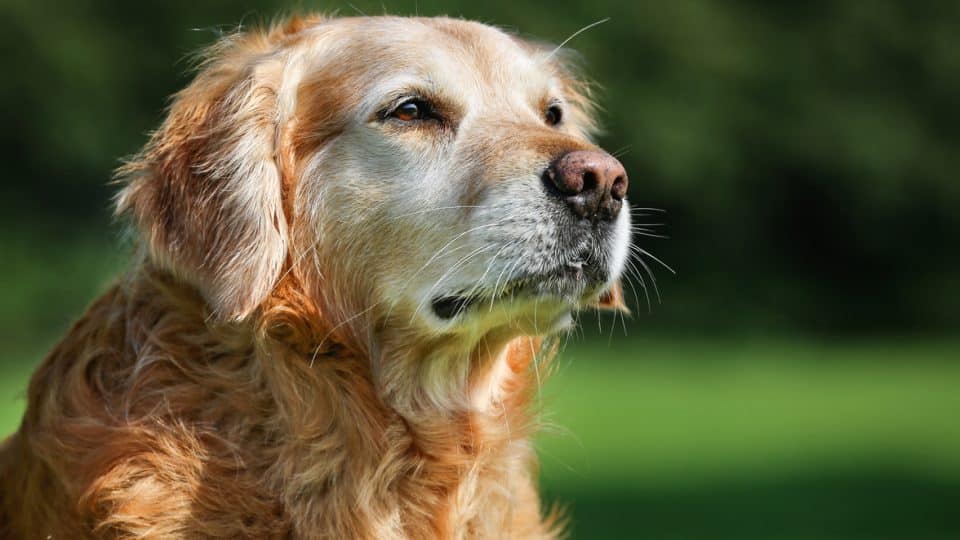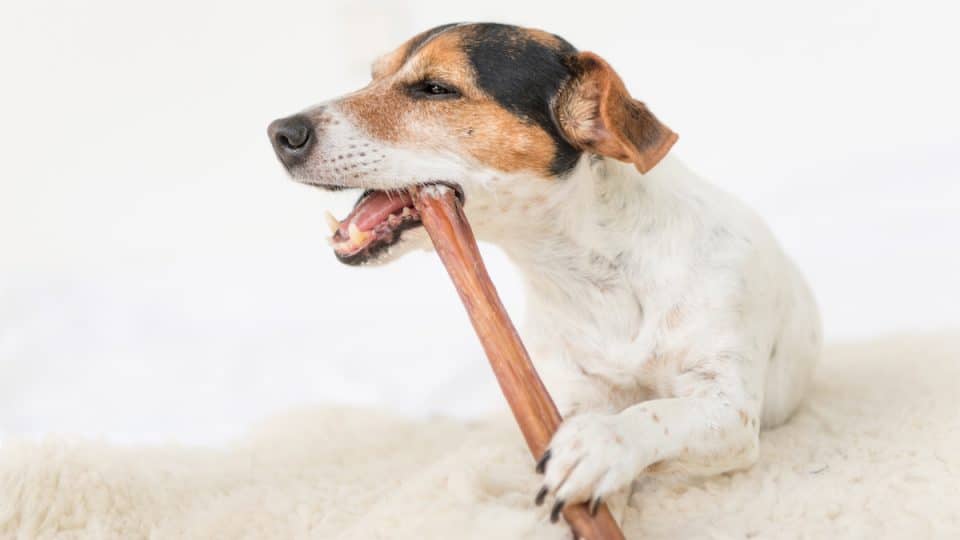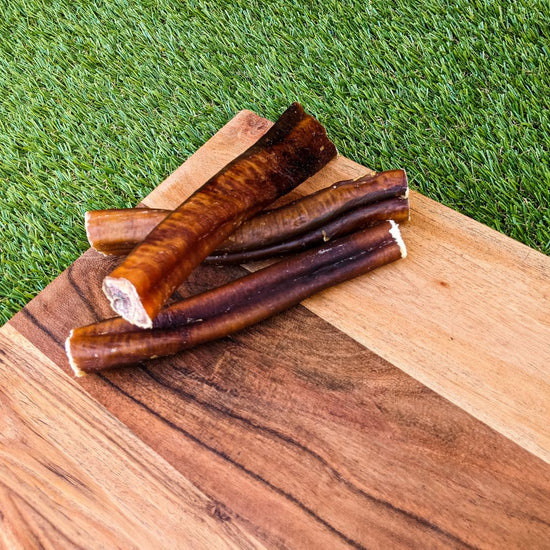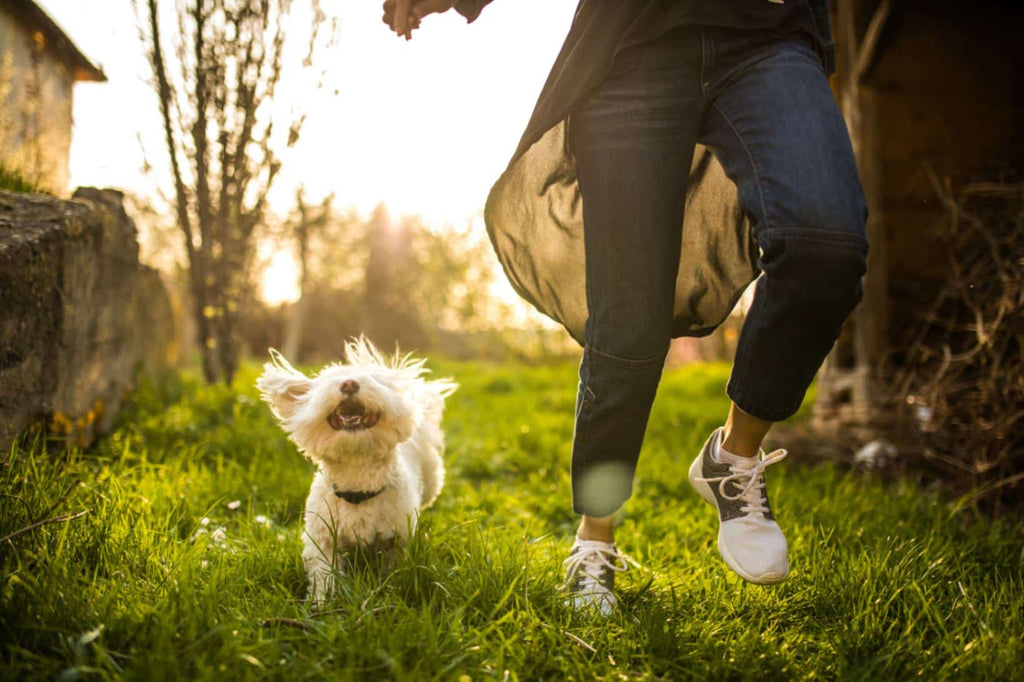
The Ultimate Guide to Senior Dog Care: Ensuring a Comfortable and Happy Life for Your Aging Pet

As dogs age, their needs change, requiring adjustments in care to ensure they remain healthy, comfortable, and happy. Senior dogs may experience a decline in mobility, changes in diet, and the onset of age-related health issues. This comprehensive guide provides in-depth information on caring for senior dogs, covering topics such as nutrition, exercise, health care, and creating a comfortable environment.
Section 1: Understanding the Aging Process in Dogs
1. Recognizing Signs of Aging: Aging in dogs can vary based on breed, size, and genetics. Common signs include:
- Decreased Mobility: Stiffness, difficulty getting up, and reluctance to climb stairs.
- Changes in Weight: Either weight gain due to reduced activity or weight loss due to decreased appetite.
- Dental Issues: Increased tartar, gum disease, and tooth loss.
- Sensory Decline: Reduced vision and hearing.
- Behavioral Changes: Increased anxiety, confusion, or decreased interaction.
2. Life Expectancy by Breed: Different breeds have varying life expectancies. Generally, smaller breeds live longer than larger breeds. For example:
- Small Breeds: Such as Chihuahuas and Dachshunds, can live 15 years or more.
- Medium Breeds: Like Beagles and Border Collies, typically live around 12-15 years.
- Large Breeds: Such as Golden Retrievers and German Shepherds, have a lifespan of 10-12 years.
- Giant Breeds: Like Great Danes and Mastiffs, often live around 7-10 years.
Section 2: Nutrition for Senior Dogs
1. Adjusting Diet: As dogs age, their metabolism slows down, and they may require fewer calories. Key nutritional adjustments include:
- High-Quality Protein: Maintain muscle mass and overall health. Look for easily digestible proteins like chicken, fish, and lamb.
- Fiber: Helps with digestion and prevents constipation. Include sources like pumpkin and sweet potatoes.
- Omega-3 Fatty Acids: Support joint health and reduce inflammation. Found in fish oil and flaxseed oil.
- Antioxidants: Boost the immune system and support cognitive function. Include fruits like blueberries and vegetables like spinach.
- Joint Supplements: Glucosamine and chondroitin can help manage arthritis and joint pain.
2. Specialized Senior Dog Foods: Consider switching to a senior dog food formula designed to meet the nutritional needs of aging dogs. These formulas often have lower calorie content, higher fiber, and added joint support ingredients.
3. Feeding Schedule: Older dogs may benefit from smaller, more frequent meals to aid digestion and prevent weight gain. Monitor their weight and adjust portions accordingly.
Section 3: Exercise and Mobility
1. Importance of Exercise: Regular exercise is crucial for maintaining mobility, muscle mass, and mental stimulation in senior dogs. Tailor the exercise routine to their abilities:
- Gentle Walks: Short, frequent walks to keep them active without causing strain.
- Swimming: Low-impact exercise that supports joint health.
- Interactive Play: Gentle games that stimulate their mind and body.
2. Joint Care: Senior dogs are prone to arthritis and joint pain. To manage these conditions:
- Orthopedic Beds: Provide extra cushioning and support for their joints.
- Ramps and Stairs: Help them navigate furniture and get in and out of the car more easily.
- Massage and Physical Therapy: Improve circulation and flexibility.
3. Monitoring Activity Levels: Pay attention to signs of discomfort or fatigue. Adjust the intensity and duration of activities based on their needs and consult your vet for personalized exercise plans.
Section 4: Health Care for Senior Dogs
1. Regular Vet Check-Ups: Senior dogs should have bi-annual vet visits to monitor their health and catch any issues early. These visits should include:
- Blood Work: Check for kidney, liver, and thyroid function.
- Dental Exams: Address any dental issues to prevent pain and infection.
- Weight Monitoring: Ensure they maintain a healthy weight.
2. Managing Chronic Conditions: Many senior dogs develop chronic health conditions such as arthritis, diabetes, or heart disease. Management strategies include:
- Medications: Prescribed by your vet to manage pain, inflammation, or other symptoms.
- Special Diets: Tailored to their specific health needs.
- Regular Monitoring: Keep track of their symptoms and report any changes to your vet.
3. Dental Care: Dental health is crucial for senior dogs. Regular brushing, dental chews, and professional cleanings can prevent dental disease and improve overall health.
4. Cognitive Health: Senior dogs can experience cognitive decline, similar to dementia in humans. To support cognitive health:
- Mental Stimulation: Provide puzzle toys, training exercises, and new experiences.
- Consistent Routine: Helps reduce anxiety and confusion.
- Supplements: Omega-3 fatty acids and antioxidants can support brain health.
Section 5: Creating a Comfortable Environment
1. Home Modifications: Make adjustments to your home to accommodate your senior dog's needs:
- Non-Slip Flooring: Provide traction on slippery surfaces to prevent falls.
- Accessible Sleeping Areas: Ensure their bed is easy to access and provides adequate support.
- Temperature Control: Older dogs may have trouble regulating their body temperature. Keep their living area comfortable and provide blankets or cooling mats as needed.
2. Managing Anxiety: Senior dogs can become more anxious or stressed. To help them feel secure:
- Safe Spaces: Create a quiet, comfortable area where they can retreat.
- Calming Products: Use pheromone diffusers, calming supplements, or anxiety wraps.
- Routine: Maintain a consistent daily schedule to reduce uncertainty and stress.
3. Companionship: Social interaction is important for your senior dog's emotional well-being. Spend quality time with them, provide gentle affection, and consider pet-friendly social activities if they enjoy being around other dogs.
Section 6: End-of-Life Care
1. Recognizing Quality of Life: It's important to regularly assess your dog's quality of life. Consider their ability to enjoy daily activities, their comfort level, and overall happiness. Use quality of life scales or consult your vet for guidance.
2. Hospice and Palliative Care: If your dog is experiencing significant health issues, hospice or palliative care can help manage pain and ensure comfort. This can include:
- Pain Management: Medications and therapies to alleviate discomfort.
- Supportive Care: Assistance with mobility, feeding, and hygiene.
3. Making Difficult Decisions: Deciding when to say goodbye is one of the hardest parts of pet ownership. Consult with your vet, consider your dog's quality of life, and take the time you need to make a compassionate decision.
4. Grieving and Memorializing: Grieving the loss of a pet is a natural process. Seek support from friends, family, or pet loss support groups. Create a memorial or keepsake to honor your dog's memory.
Conclusion
Caring for a senior dog requires understanding their changing needs and making adjustments to ensure they live a comfortable and happy life. By focusing on proper nutrition, regular exercise, diligent health care, and creating a supportive environment, you can help your aging dog enjoy their golden years to the fullest. Remember, the love and companionship you share with your senior dog are invaluable, and your efforts will make a significant difference in their quality of life.
FAQs:
Q: How often should I take my senior dog to the vet? A: Senior dogs should have bi-annual vet visits to monitor their health and address any issues early.
Q: What diet changes are needed for a senior dog? A: Senior dogs may need lower-calorie diets with high-quality protein, fiber, and joint supplements like glucosamine and chondroitin.
Q: How can I keep my senior dog active? A: Gentle walks, swimming, and interactive play can help maintain mobility and mental stimulation. Tailor activities to their abilities.
Q: What are common health issues in senior dogs? A: Common issues include arthritis, dental disease, cognitive decline, and chronic conditions like diabetes or heart disease.
Q: How do I create a comfortable environment for my senior dog? A: Provide orthopedic beds, non-slip flooring, and accessible sleeping areas. Maintain a consistent routine and offer calming products if needed.
For more detailed information and resources, you can visit AKC, ASPCA, and Caring for a Senior Dog.






